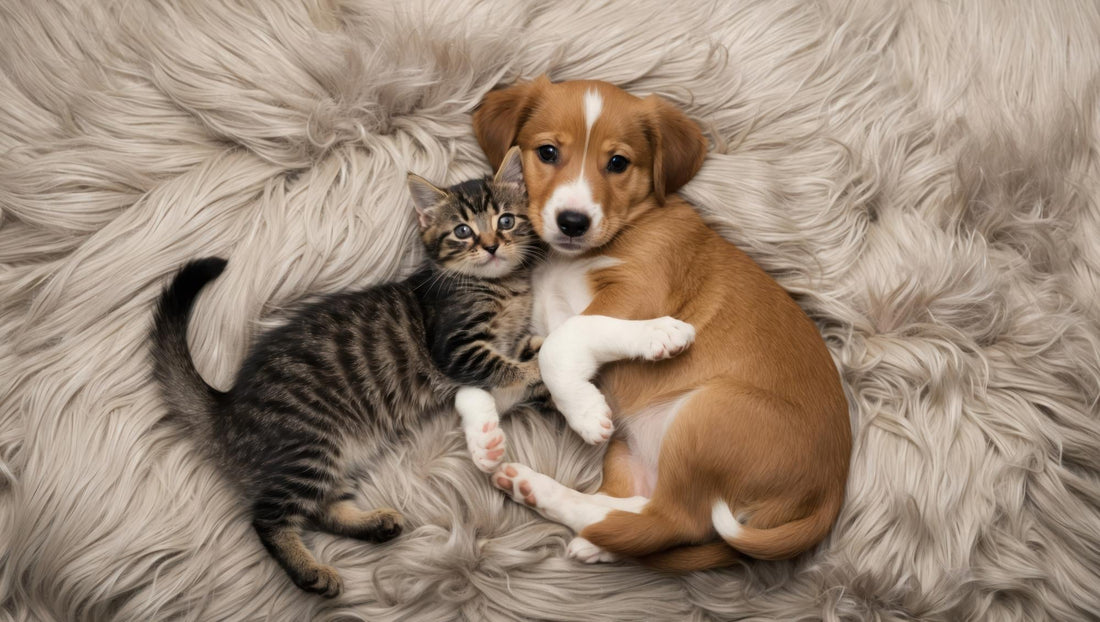Discover the dangers lurking in your kitchen with our comprehensive guide on poisonous foods for pets. As responsible pet parents, it's crucial to be aware of common human foods that can be harmful or even deadly for our beloved furry friends. From chocolate to grapes, onions to xylitol, learn which ingredients to keep far away from your four-legged companions. Stay informed and protect your pets from potential poisoning incidents by educating yourself on the risks associated with certain foods. Keep your animals safe and healthy by understanding the potential dangers of feeding them toxic substances.

